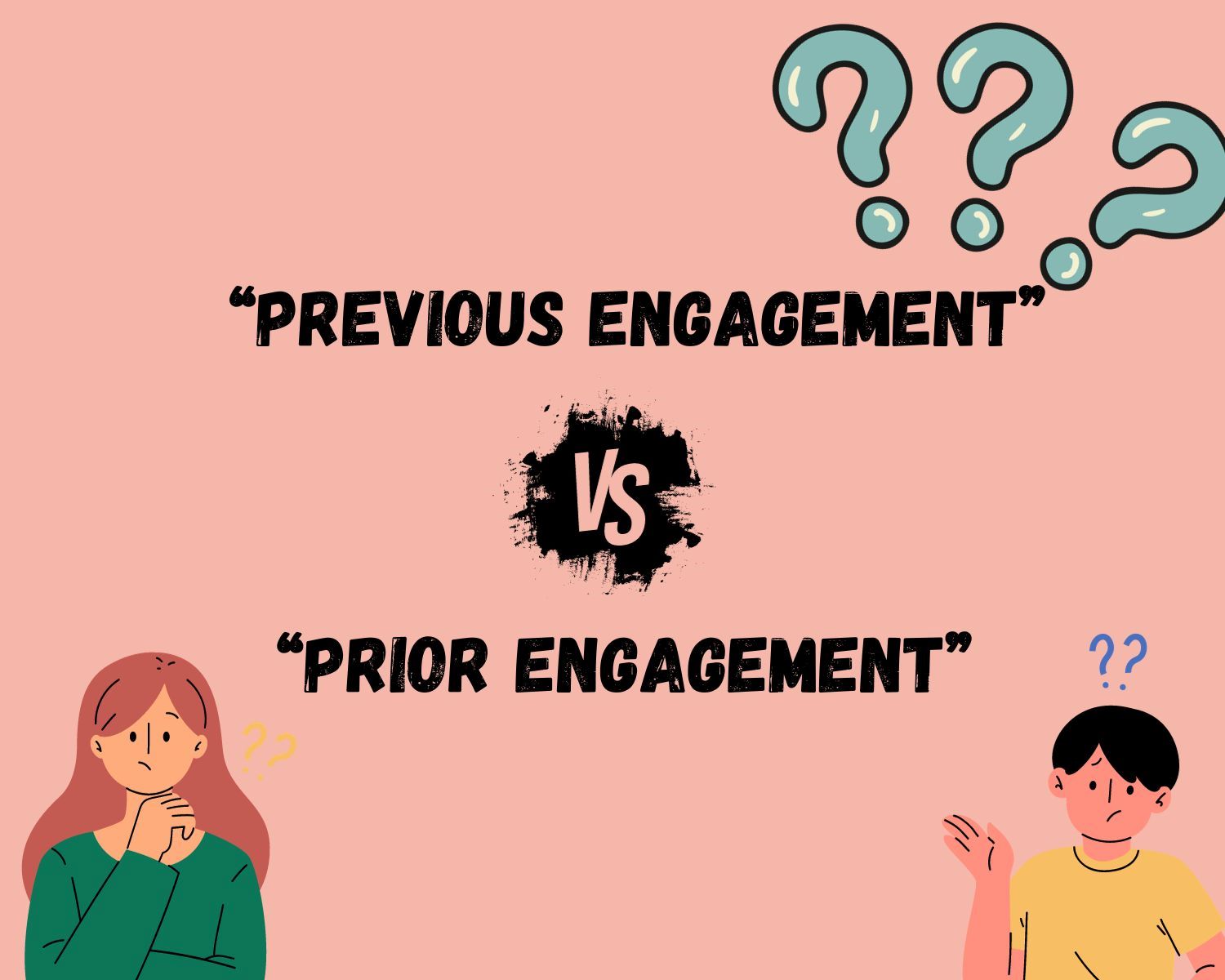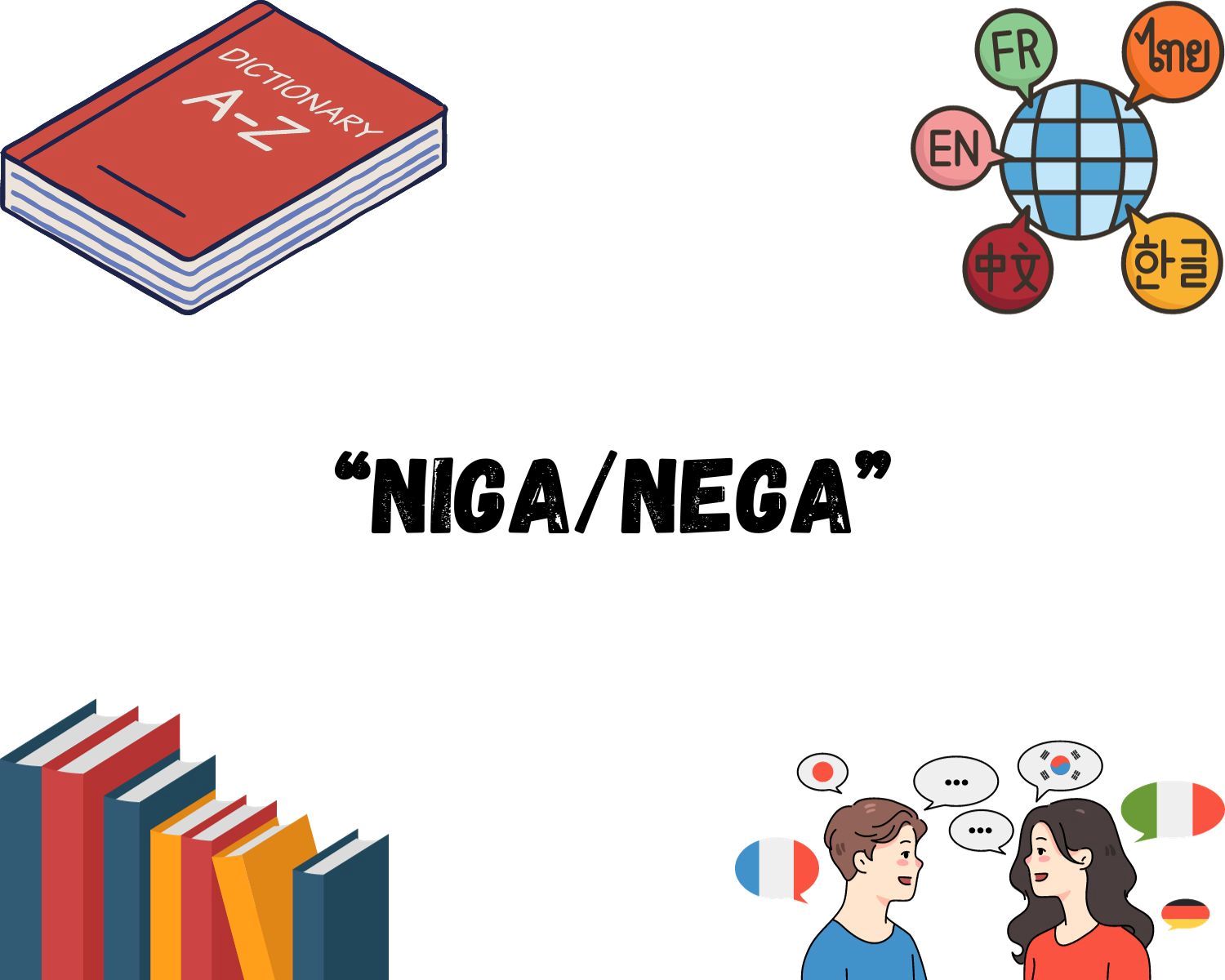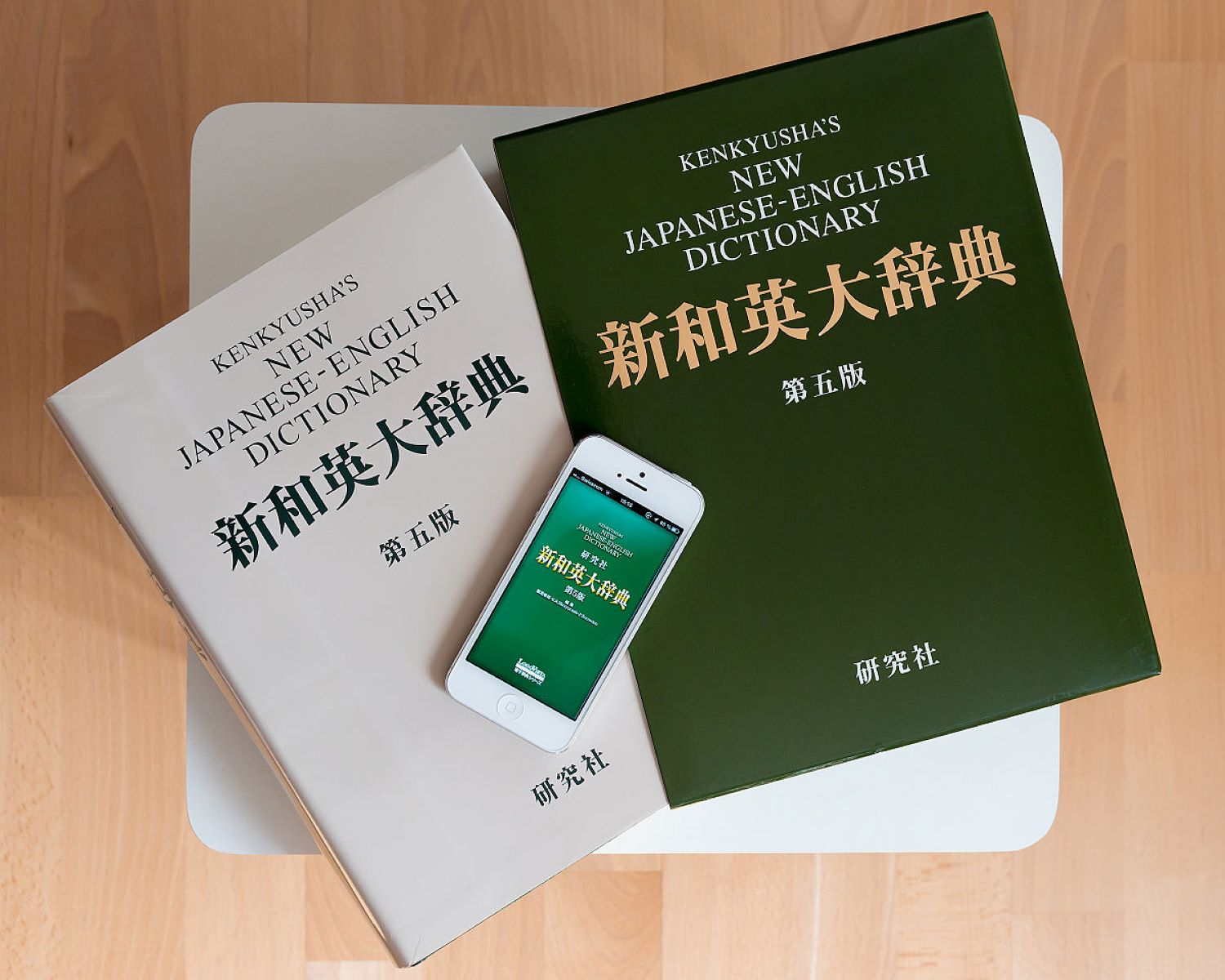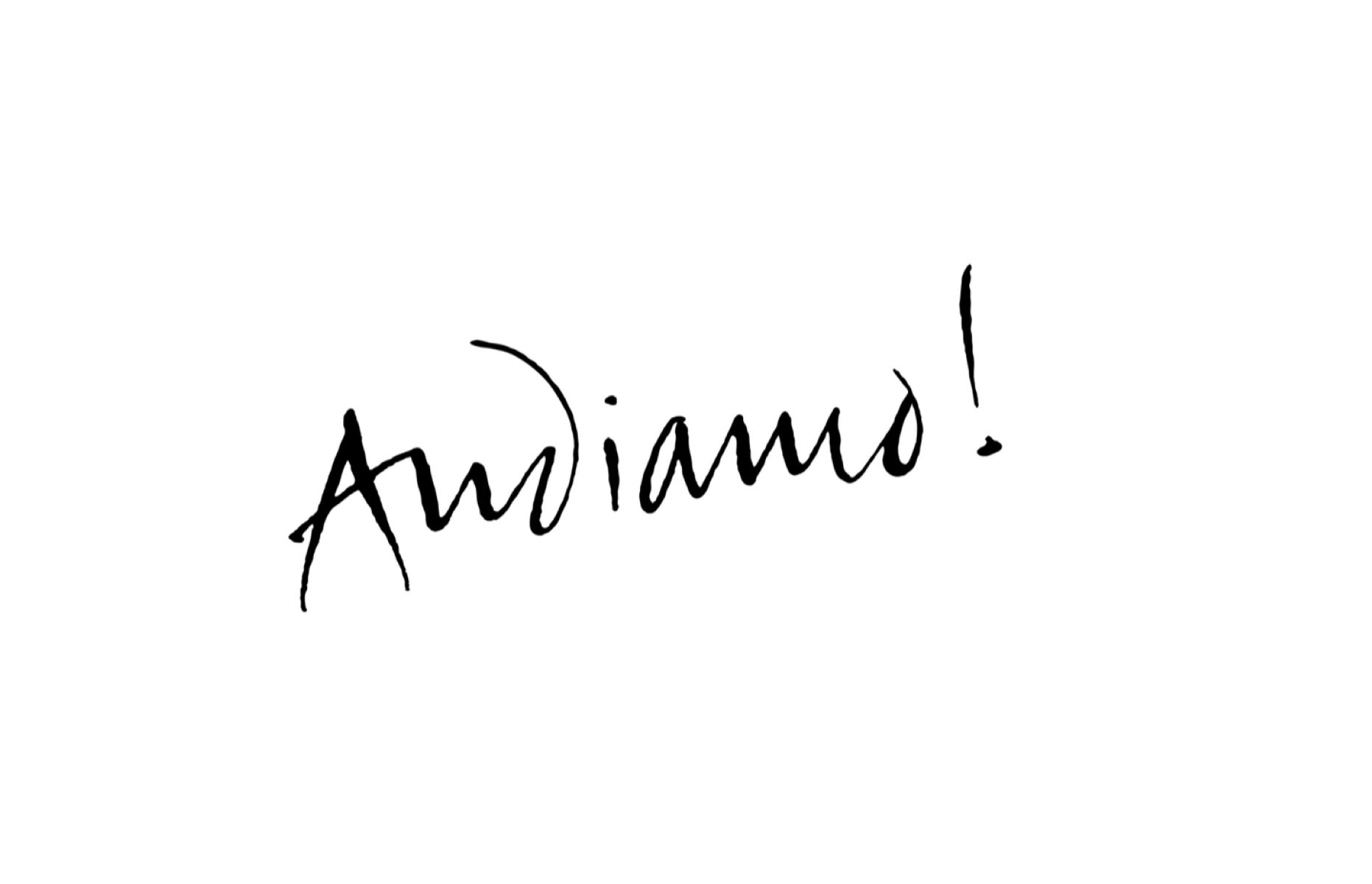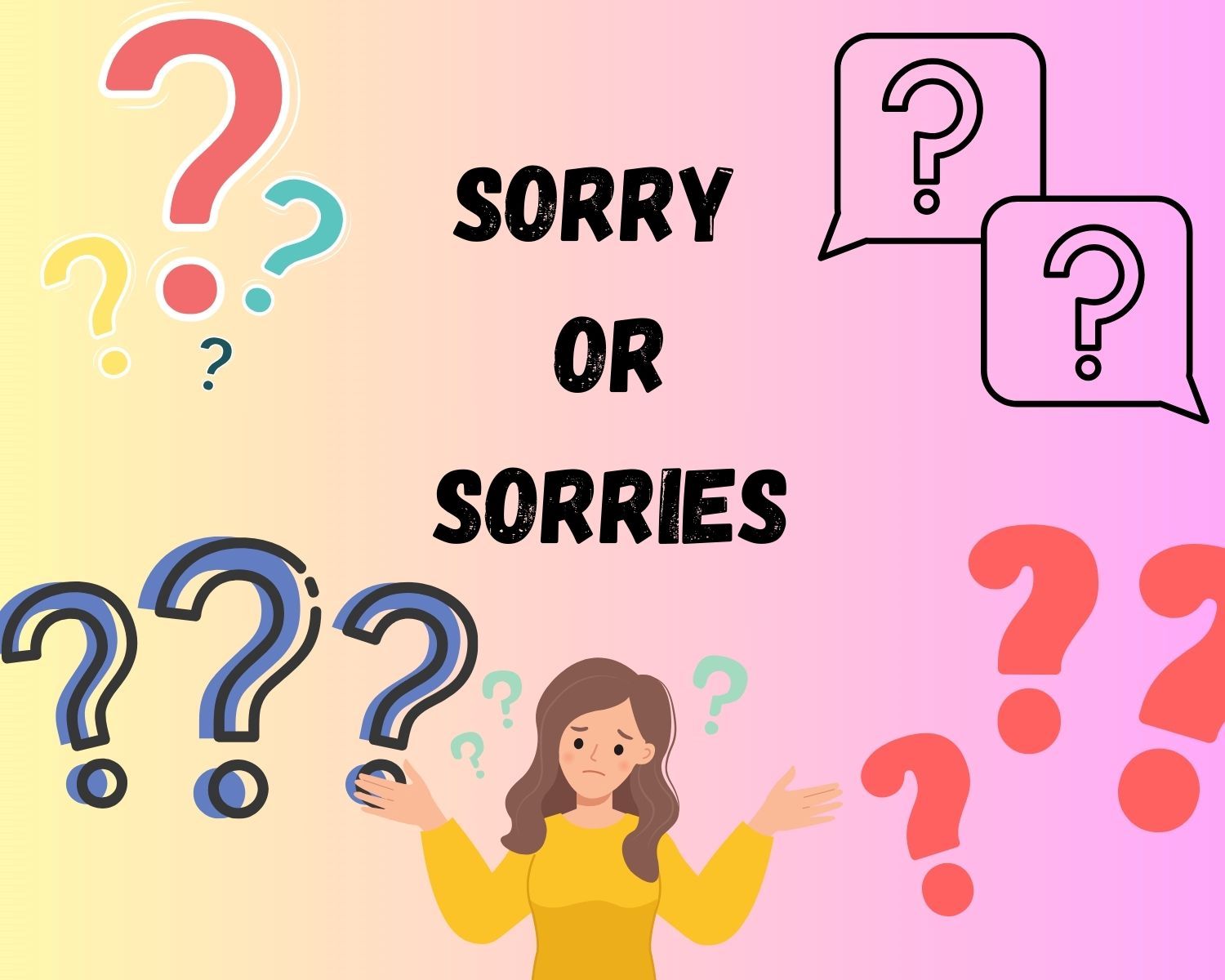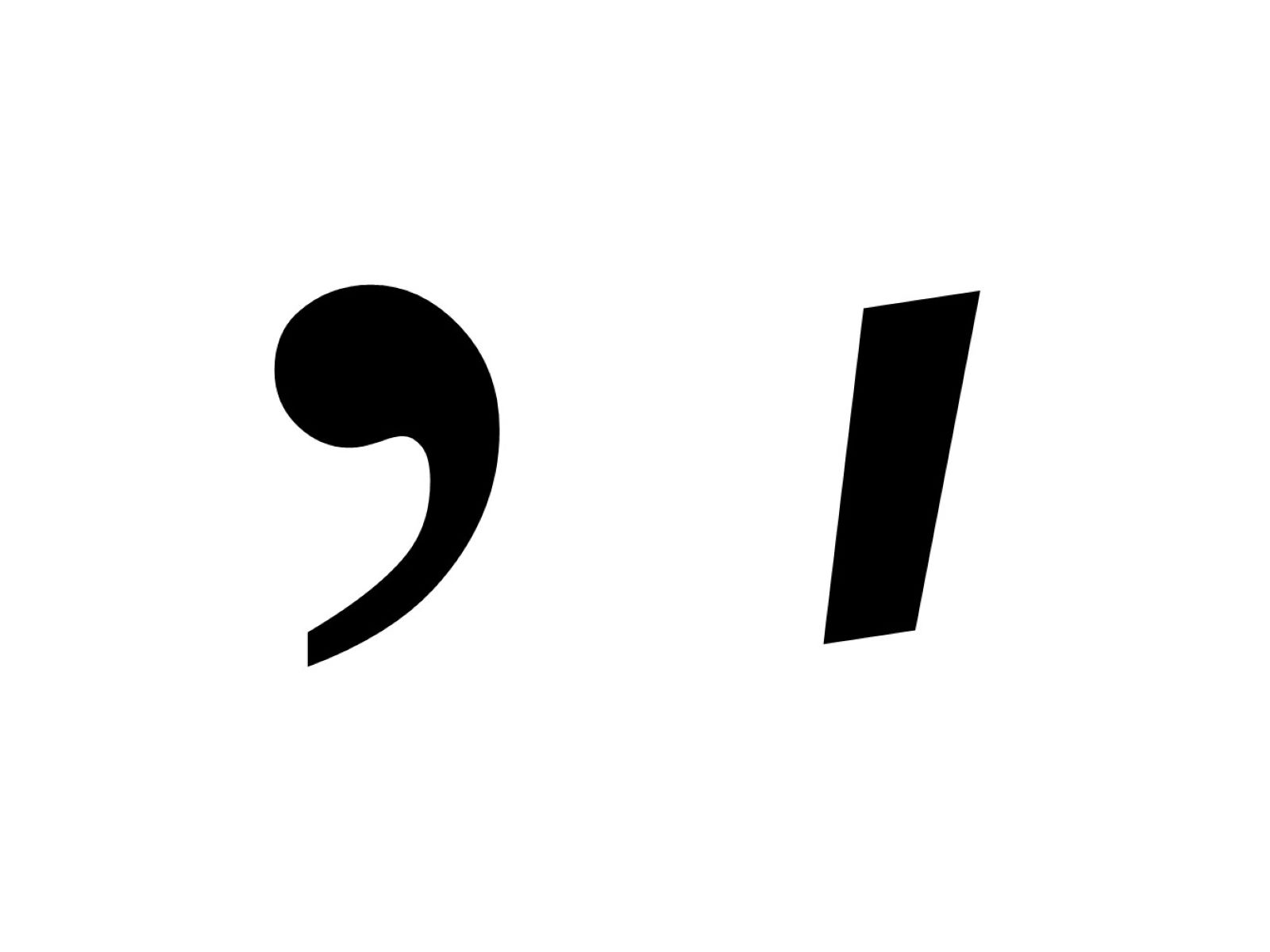Home> Language and Grammar
Language and Grammar
By: Ottilie Wellington • Language and Grammar
Introduction Understanding the nuances of language can significantly impact our ability to communicate effectively. In the realm of grammar and semantics, even subtle variations in word choice can lead to different interpretations. One such instance involves the use of 'previous engagement' and 'prior engagement.' These phrases may appear interchangeable at...
Read MoreBy: Barbra Matias • Language and Grammar
The Surprising Reason We Say “No Problemo” Instead Of “No Problema”
Introduction Language is a fascinating aspect of human communication, constantly evolving and adapting to reflect the cultural, social, and historical influences of the communities that utilize it. One intriguing phenomenon within language is the incorporation of foreign words and phrases into everyday speech. This integration often occurs seamlessly, with individuals...
Read MoreBy: Vivienne Trowbridge • Language and Grammar
Endorsement Vs Indorsement: What’s The Real Difference?
Introduction When it comes to financial transactions and legal documents, the terms "endorsement" and "indorsement" often surface, causing confusion due to their similar spellings and meanings. Understanding the distinction between these two terms is crucial, as it can have significant implications in various contexts, including banking, law, and commerce. In...
Read MoreBy: Neely Markowitz • Language and Grammar
Discover The Truth: Is ‘Stupider’ A Valid Word?
Introduction Language is a living, breathing entity that constantly evolves to reflect the ever-changing landscape of human communication. As new words emerge and old ones take on new meanings, the boundaries of language are continually tested and redefined. One such word that has sparked debate and curiosity is "stupider." The...
Read MoreBy: Marrissa Augustine • Language and Grammar
The Meaning Of The Korean Word ‘Niga/Nega’ Revealed!
Introduction The Korean language is rich with cultural nuances and linguistic intricacies, and one word that has sparked significant debate and controversy is 'Niga/Nega.' This word, when pronounced in Korean, may sound similar to a highly sensitive term in English, leading to misunderstandings and misinterpretations, especially in international contexts. As...
Read MoreBy: Marchelle Claus • Language and Grammar
“Gomenasai” Vs “Sumimasen”: When To Use Each Apology Phrase
Introduction Apologies are a universal aspect of human interaction, serving as a bridge to mend misunderstandings and restore harmony. In Japanese culture, the use of apology phrases holds significant importance, reflecting the values of politeness, humility, and respect. Two commonly used Japanese apology phrases, "Gomenasai" and "Sumimasen," encapsulate the essence...
Read MoreBy: Jaquelyn Emerick • Language and Grammar
The Hidden Meaning Of ‘Nya’ In Japanese!
Introduction Have you ever come across the intriguing term 'Nya' while delving into Japanese culture or interacting with anime and manga? This seemingly simple expression carries a profound significance deeply rooted in Japanese society. From its origin to modern usage, 'Nya' has evolved into more than just a word; it...
Read MoreBy: Ernestine Purcell • Language and Grammar
The Surprising Truth About Including Step-Siblings As ‘兄弟’ In Japanese
Introduction Sibling relationships hold a profound significance in cultures around the world, serving as a cornerstone of familial bonds and societal norms. In Japan, the concept of siblings, known as '兄弟' (kyoudai), carries a rich cultural and linguistic weight, reflecting the traditional values and dynamics within Japanese families. However, the...
Read MoreBy: Lela Vuong • Language and Grammar
The Meaning Of ‘Andiamo’ In English
Introduction When it comes to learning a new language, it's not just about mastering grammar and vocabulary; it's also about understanding the cultural nuances that shape the way people communicate. One fascinating aspect of language is the incorporation of foreign words that add depth and color to our linguistic landscape....
Read MoreBy: Ashleigh Felts • Language and Grammar
The Meaning Behind ‘Bailing On Someone’ – You Won’t Believe It!
Introduction Have you ever had plans with a friend, only for them to bail on you at the last minute? Or perhaps you've been the one doing the bailing? The act of "bailing on someone" has become a common phenomenon in today's fast-paced world, but have you ever stopped to...
Read MoreBy: Wenona Mashburn • Language and Grammar
The Surprising Origin Of The Saying ‘Head Over Heels’
Introduction The saying "head over heels" is a commonly used expression in the English language, often employed to convey a sense of falling deeply in love or experiencing a state of disarray. While the phrase is frequently used in modern vernacular, its origin and historical context may surprise many. Delving...
Read MoreBy: Leontyne James • Language and Grammar
Which Is Correct: Peoples’ Or People’s?
Introduction The English language is a complex tapestry of rules and exceptions, often leaving even the most seasoned writers scratching their heads in confusion. One common source of bewilderment is the usage of possessive forms, particularly when it comes to collective nouns such as "people." The dilemma arises when deciding...
Read MoreBy: Pegeen Begley • Language and Grammar
Discover The Correct Grammar: ‘An Honor’ Or ‘A Honor’?
Introduction Understanding the correct usage of articles in the English language is crucial for effective communication. One common area of confusion arises when deciding whether to use 'an' or 'a' before a word. This is particularly evident when dealing with words that begin with a vowel sound, such as "honor."...
Read MoreBy: Katrinka Silverstein • Language and Grammar
The Hidden Meaning Behind Saying “Yes Ma’am”
Introduction When it comes to manners and respectful language, the phrase "Yes Ma'am" holds a special place in many cultures. This seemingly simple expression carries a depth of meaning and cultural significance that is worth exploring. It's not just a matter of politeness; there's a rich history and psychological impact...
Read MoreBy: Gabriell Gray • Language and Grammar
The Plural Form Of ‘Sorry’ Revealed: Sorries Or Sorry?
Introduction The English language is a fascinating tapestry of words, each with its own unique rules and quirks. One such word that has sparked a debate among language enthusiasts is "sorry." As a common expression of remorse or sympathy, "sorry" is often used in various contexts, prompting the question: what...
Read MoreBy: Lacee Schaffer • Language and Grammar
Hence Why: The Grammatical Truth You Need To Know!
Introduction Welcome, language enthusiasts and grammar aficionados! Today, we embark on an enlightening journey into the realm of language precision and grammatical finesse. Our focus? The oft-misunderstood word "hence." As we delve into the heart of this linguistic marvel, we will unravel its significance, explore its correct usage, and shed...
Read MoreBy: Melanie Bomar • Language and Grammar
10 Surprising Adverbs That Break The -ly Rule!
Introduction Welcome to the fascinating world of adverbs! Adverbs are an essential part of the English language, providing us with valuable information about how, when, where, and to what extent an action is performed. Typically, adverbs are formed by adding "-ly" to an adjective, such as "quick" becoming "quickly" or...
Read MoreBy: Winnie Pellegrino • Language and Grammar
The Surprising Distinction Between 21th And 21st Revealed!
Introduction The distinction between "21th" and "21st" may appear subtle at first glance, but it holds a surprising level of significance within the realms of language, history, and culture. While these terms may seem interchangeable, their usage carries distinct connotations that have permeated various facets of human expression. This article...
Read MoreBy: Beilul Henkel • Language and Grammar
The Rule For Apostrophes In Irregular Plurals In English
Introduction Understanding the rules of grammar is a fundamental aspect of mastering the English language. Among the various grammar rules, the use of apostrophes in irregular plurals stands as a unique and often misunderstood topic. Irregular plurals, unlike their regular counterparts, do not follow the typical pattern of adding "-s"...
Read MoreBy: Katalin Hayden • Language and Grammar
The Correct Way To Congratulate: Hearty Congratulations Vs. Heartily Congratulations
Introduction Congratulations are in order! Whether it's celebrating a friend's promotion, a family member's achievement, or a colleague's success, expressing joy and admiration is a natural response. However, the English language, with its intricacies and nuances, often presents us with choices that can be perplexing. One such conundrum revolves around...
Read MoreBy: Tootsie Saiz • Language and Grammar
The Surprising Difference Between Tear And Rip!
Introduction Have you ever stopped to think about the difference between tearing and ripping something? These two actions might seem quite similar at first glance, but there are some surprising distinctions between them. Understanding these differences can be incredibly useful, especially when it comes to caring for our belongings and...
Read MoreFeatured
By: Charlot Alejo • Astrology
The Unconventional Aquarius: Sun, Sagittarius Moon, And Aquarius Rising Revealed!
Read MoreBy: Doria Ngo • Featured
The Ultimate Guide To Taper Vs. Fade Haircuts: Unveiling The Key Differences
Read More
PLEATED LAMPSHADE ARE MY NEW FAVORITE THING

SHOULD WE STAY LIGHT OR GO DARK WITH PAINTING OUR TINY MASTER BEDROOM?
